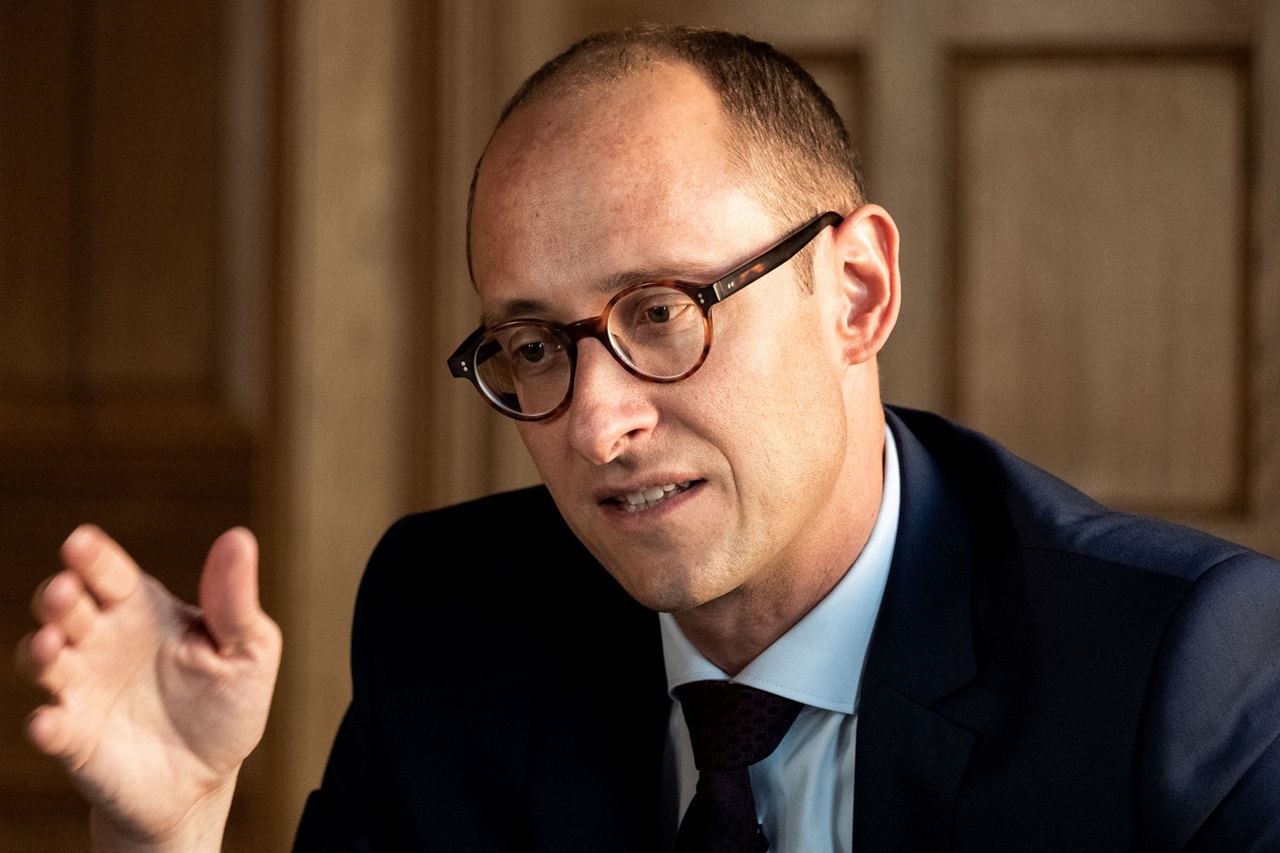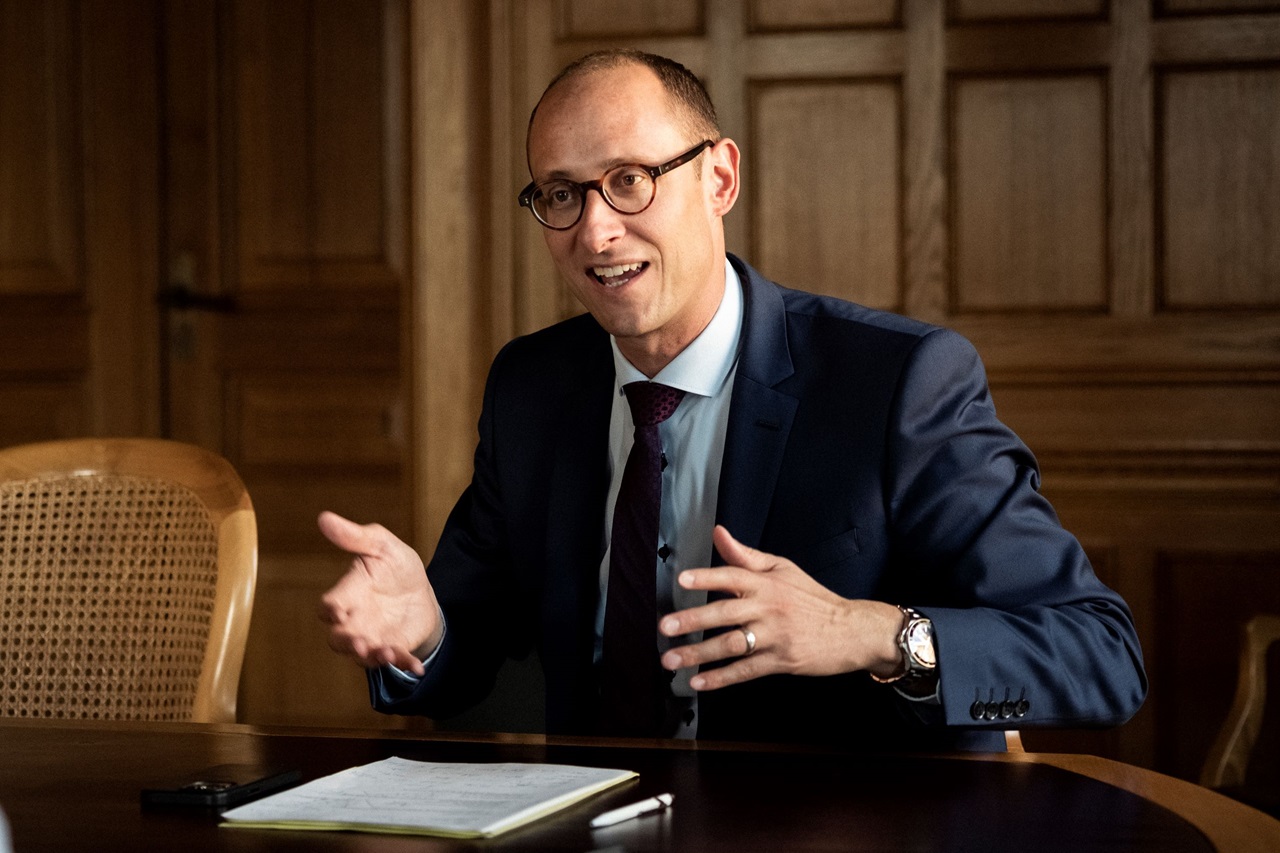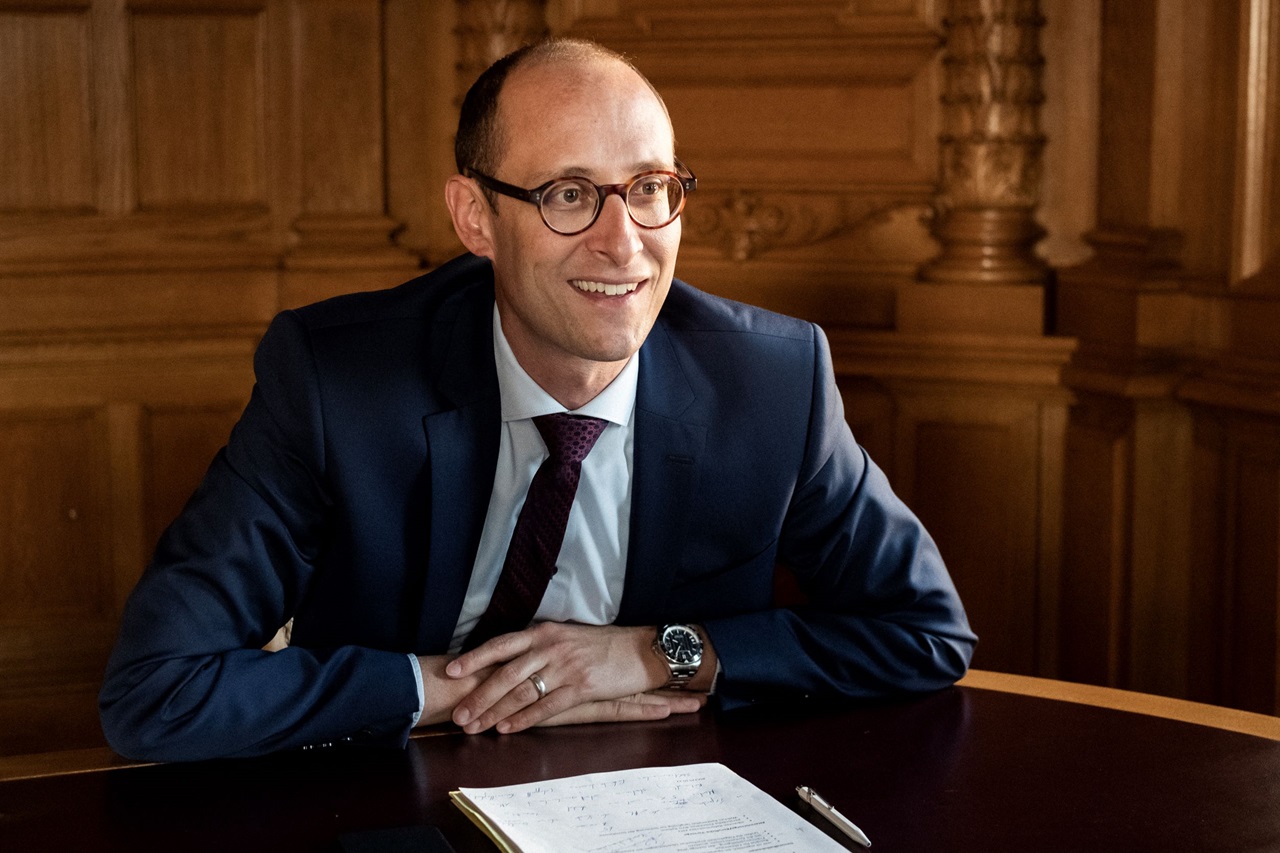echo interview with Martin Candinas, Die Mitte, Switzerland’s President of the National Council 2022/2023
elipsLife echo: Mr Candinas, congratulations on your presidency of the National Council. What issues will be front of mind for you during your term in office?
Martin Candinas: Switzerland is a fascinating country with four national languages and different regions and cultures. It’s hugely diverse and yet unified at the same time. Addressing this complexity is a matter close to my heart. As a Rhaeto-Romanic, I believe strongly in living the four national languages because our great diversity calls for solutions acceptable to all. As President of the National Council, I’ve therefore chosen the motto "zusammen, ensemble, insieme, ensemen”. The emergence and development of our country as a direct democracy, based as it is on finding sustainable solutions, is therefore of crucial significance as far as I’m concerned.
What do you see as the biggest political challenges in the new year?
Certainly energy policy. Russia's war of aggression and general economic and security policy developments are forcing us to think more about how we can ensure that existing and future policy measures retain their effectiveness. Parliament made its first decisions last year, and more will follow. We need to boost our domestic electricity production generally and reduce dependence on energy from abroad. In addition, we’re confronted with serious security policy issues, the BVG, healthcare costs and health insurance premiums. Our relationship with the EU is another topic facing parliament this year.
What challenges does the office of President of the National Council present for you personally?
As President of the National Council, I chair the meetings and represent the Council to the outside world. I’ll pay particular attention to upholding a culture of mutual respect and civilised political debate based upon it – especially in this election year. The other side of the coin for me is the partial renunciation of politics, so to speak. As President of the National Council, I need to keep my opinion to myself and not participate, for example, in debates and panel discussions. Anyone who knows me realises how difficult this will be for me! I’m nevertheless very much looking forward to the office.



